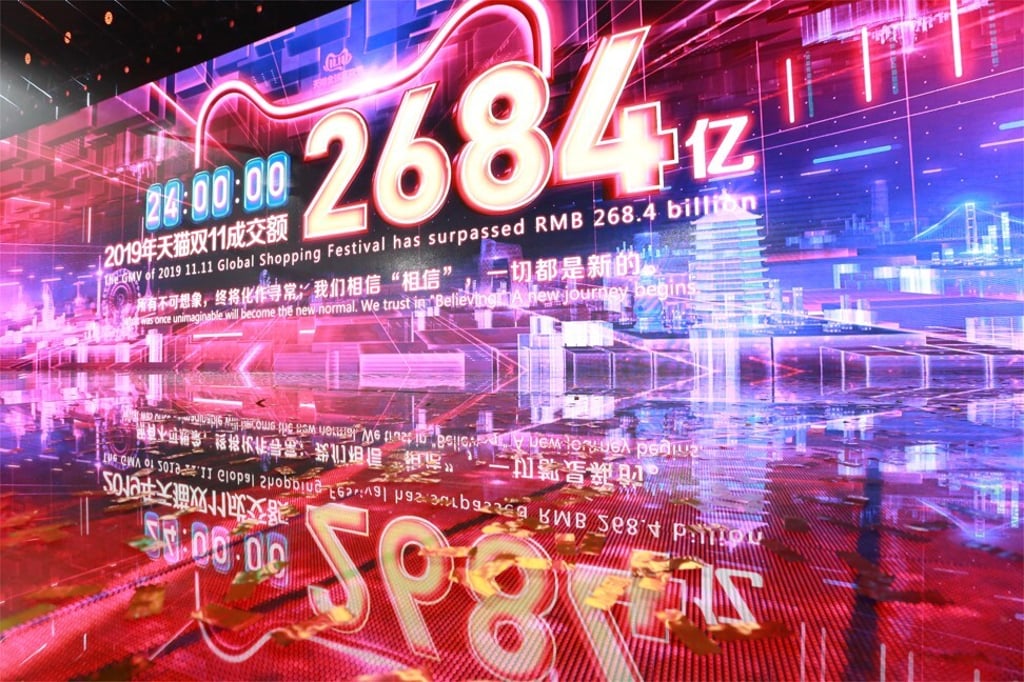China’s luxury e-commerce revolution: what can the West learn from Luxury Pavilion and Toplife to survive the economic challenges caused by coronavirus?

It was a trend happening before the world went into lockdown due to Covid-19, but brands now need to find their space online to survive, and China is leading the way with online platforms dedicated to luxury goods
Facing the coronavirus pandemic and social distancing globally, luxury businesses have been forced to make a significant shift to online to survive the crisis. Way before the outbreak, however, the e-commerce trend was the most revolutionary of the many ways in which China has pushed the global luxury industry to change. So what can brands learn from this evolution in order to surmount the economic ordeal?
Still regarded warily in the West, selling luxury online has come of age in China. Top brands are fully involved in the biggest internet marketplaces. Rules on how to engage in the once-taboo practice have been tried, tested and mapped out. But to what extent will the lessons learned in China be exported to the West?

“The luxury industry has been notoriously slow to adapt to the internet,” says Michael Zakkour, founder of consultancy 5 New Digital and author of New Retail: Born in China Going Global. “It is China that has dragged it, kicking and screaming, into the digital space.” If a cardinal rule has been shattered, then that rule obviously existed for good reasons. Zakkour points to the strongly traditional nature of the business to explain why luxury goods makers avoided selling online for so long.
“A good many of these brands have been around for between 50 and 250 years and made a lot of money out of well-established practices,” he says. “They’re doing well. They don’t understand e-commerce. Who are you or I to tell them they should change?”
The “five senses” experience of sampling merchandise in a bricks-and-mortar store has always been at the heart of luxury. And until recently, online marketplaces were strongly tied to rampant counterfeiting in China.
Independent analyst Sindy Liu talks about the very nature of luxury itself. “Luxury is about exclusivity; being difficult to come by. And you don’t go to customers; they come to you,” she says. “That’s the opposite of hawking your wares openly online.”
Luxury brands have long regarded the democratising nature of the internet as a threat to their integrity. On Amazon, for example, consumers might be putting a Louis Vuitton handbag in the same shopping trolley as dog food and toilet paper. So why the big change in China?
